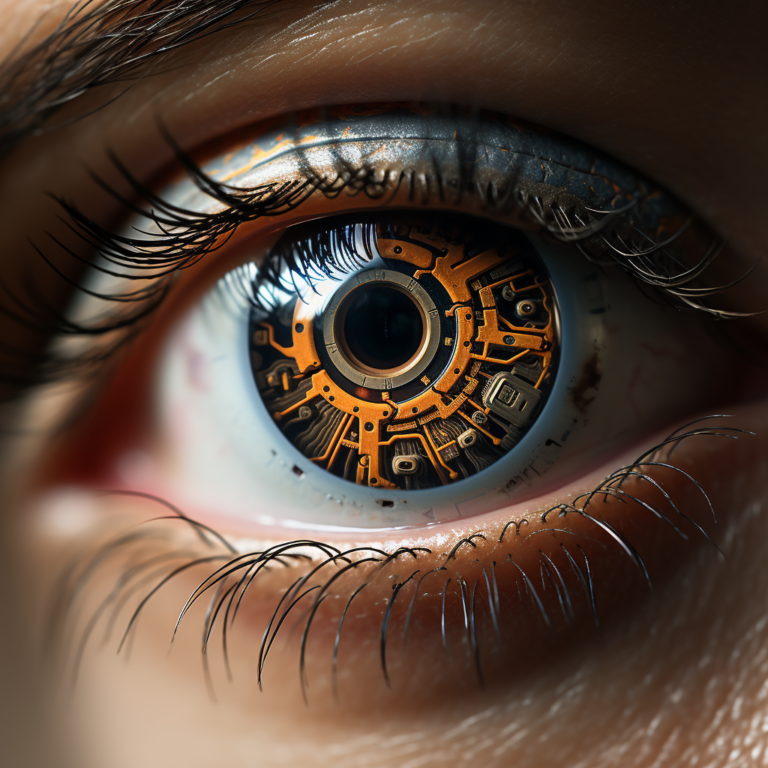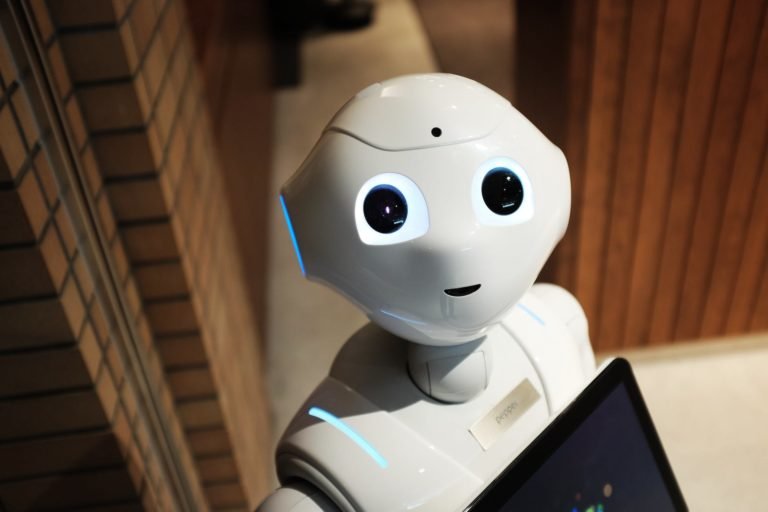Uploading Minds to Computers: Science Fiction or Future Reality?
The concept of uploading human consciousness to computers, long a topic of science fiction, is gradually becoming a field of scientific exploration. Advances in neuroscience, artificial intelligence, and computing power are leading some experts to believe that digital immortality may one day be possible. However, many ethical, technical, and philosophical questions remain. Mapping the complexities of the human brain and replicating consciousness are monumental challenges, raising debates about identity, the soul, and what it means to be human.
Researchers are investigating brain-computer interfaces, neural mapping, and machine learning as potential pathways toward this goal. However, the current technology is far from being able to replicate the intricacies of human cognition and emotional depth. Furthermore, concerns about data security, ownership of consciousness, and the societal implications of digital immortality must be addressed. These issues pose significant obstacles that could slow the progress of mind uploading for the foreseeable future.
Challenges and Considerations in Mind Uploading
- Neuroscience Complexity: Mapping and replicating every detail of the human brain remains a distant challenge.
- Ethical Concerns: Questions about identity, consciousness, and the soul arise from the idea of digital immortality.
- Technical Limitations: Current computing and AI technologies are not yet capable of replicating human consciousness fully.
While the idea of uploading minds to computers is theoretically possible, the scientific, ethical, and technical hurdles make it unlikely to become reality anytime soon.
For further exploration, read the original article on The Conversation.







